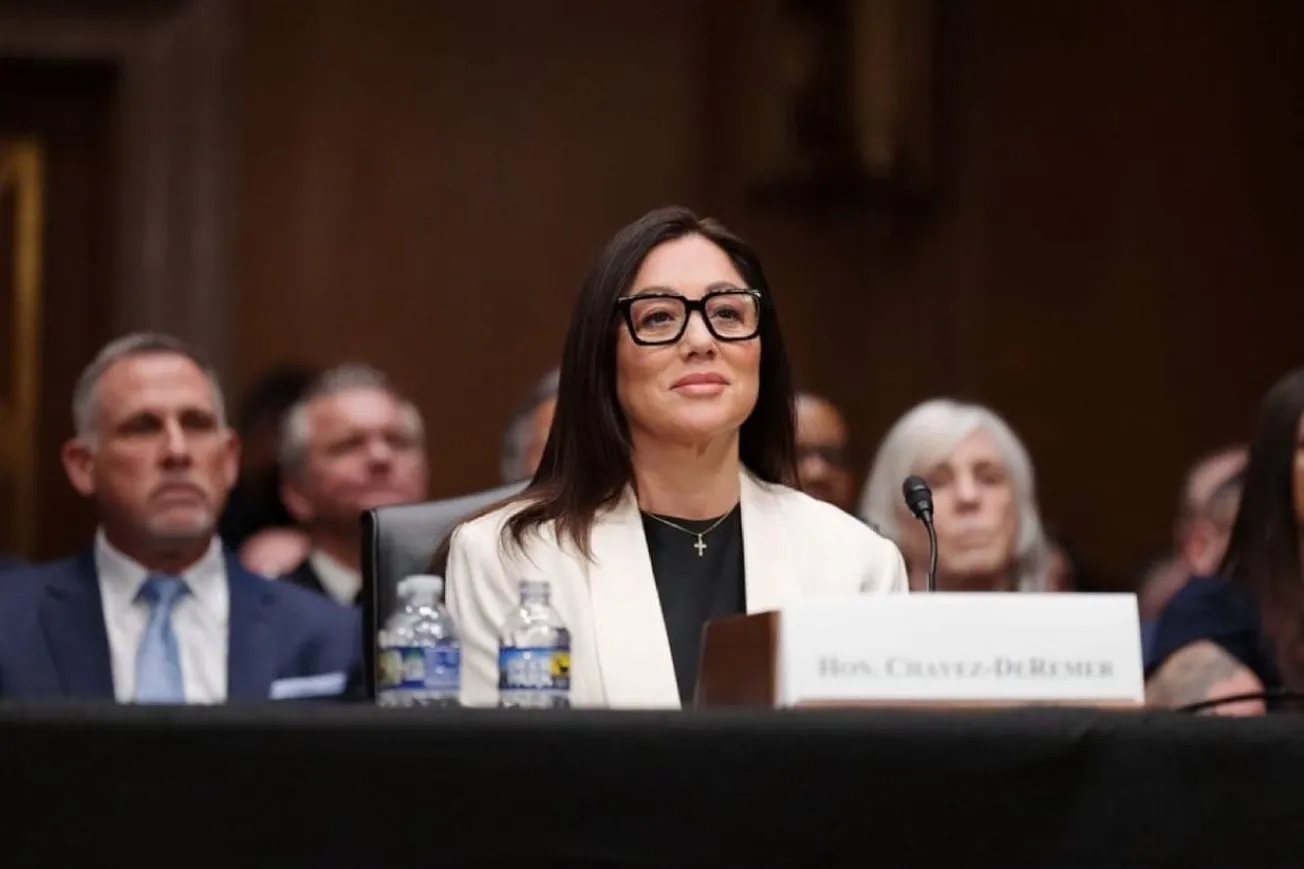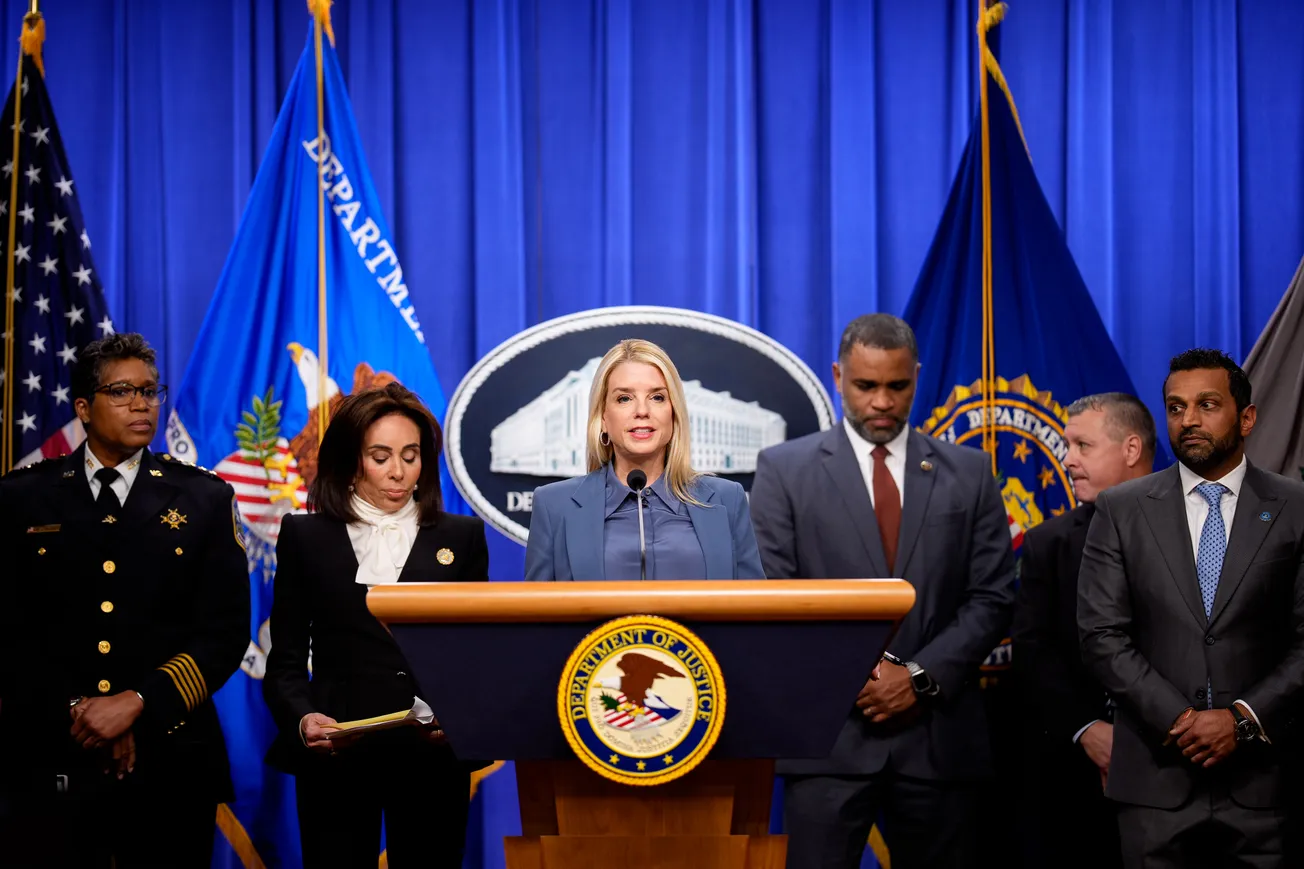With fewer than 20 days left, both candidates are in the proverbial last stretch of the presidential race. Given how utterly disastrous the Biden-Harris policies have been, economic issues have dominated the campaign.
Vice President Harris has struggled the most with this question. In three TV appearances—The View, The Daily Show with Stephen Colbert, and Fox News with Bret Baier —she struggled to carve out a different vision for herself from President Biden.
On The View and with Colbert, Harris essentially said she would have done nothing different the last four years, aligning herself closely to Bidenomics, which is highly unpopular with Americans. On Fox, she asserted that she would be a different president from Joe Biden. However, other than that statement and a couple of vague references to small business and capital, she remained unconvincing.
To Harris' credit, she has consistently talked about her Small Business plan, repeating the exact 40+ words in appearance after appearance. As part of her "Opportunity Economy" initiative, Harris has set a goal of helping 25 million new small businesses start during her first term. For each new business, she would increase the tax deduction from about $5,000 a year under current federal law to a whopping $50,000.
On its face, the Harris plan sounds impressive and will get her past a journalist's questions. But it is a perfect example of what Paul Krugman, a Nobel Laureate in Economics, calls "lemon socialism:" Taxpayers bear the cost if things go wrong, but stockholders and executives get the benefits if things go right.
The confusion opens an excellent opportunity for former President Donald Trump to introduce his version of a small business plan. As a successful businessman, Trump has significantly more credibility with Americans about how to start and run an enterprise. Kamala Harris has never worked in the private sector or made a private payroll.
Here are three ideas that Trump could propose that could significantly help small businesses without the Lemon Socialism effect.
End double taxation of Social Security/Medicare contributions for Small Business owners. America's vast Social Security system is financed through a pay-as-you-go scheme, wherein today's employees pay 7.65% of their income each cycle to fund retiree benefits directly. What may not be well-known is that employers also pay 7.65% into the same pool.
In 2021, over 21.7 million LLCs were registered in the U.S., many of which were single-member LLCs (SMLLCs), a popular structure due to their simplicity and limited liability protection. Many small business owners, freelancers, and entrepreneurs - plumbers, electricians, roofing contractors, the local deli, and IT professionals - operate SMLLCs, which, for tax purposes, are treated as "disregarded entities," meaning they don't file separate tax returns from their owners.
SMLLCs suffer from an inherently unfair tax structure when it comes to paying Social Security taxes. The IRS imposes the 7.65% burden on the employee and the employer, but in the case of an SMLLC, these two entities are the same person. This double taxation is discriminatory and eats into the operating margins of low-end small businesses.
Of course, if Trump were to end double taxation, the Treasury would incur a significant cost. But unlike the Harris small business plan, it's not Lemon Socialism, which might invite fraudsters to open new, fictitious small businesses only to take advantage of her tax credits. The proposed plan will genuinely help all small businesses that earn an income—existing and new - and stand out from the Harris plan, which discriminates against existing small businesses by only subsidizing new ones.
Operate an SBA-managed Marketplace to bring Small Business costs down. While there are many flaws in the Affordable Care Act, a central tenet of it is particularly innovative - the Healthcare Marketplace - because it relies on well-tested economic theories.
Before Obamacare was implemented, private individuals, including small business owners, struggled to obtain private health insurance from large insurers. The individuals had little buying power, and the insurers could impose any fees they chose without needing to ensure quality service. It was a hopeless David v. Goliath situation.
The Healthcare Marketplace changed that in one masterstroke. As all private individuals are grouped into one large buying pool within a state, the Marketplace became attractive for insurers. Prices came down dramatically - and while there continue to be issues regarding price support - the idea of Big Brother overseeing each transaction and being ready to facilitate disputes between David and Goliath instantly leveled the playing field.
Small business owners are the Davids of the business world. They are so busy satisfying customers, running operations, buying inventory, making payroll, and balancing books that they have little spare time or extra resources to tend to their businesses. When small business owners want to secure a bank loan or enlist professional services from an attorney, accountant, or technology professional (most of whom are small business owners themselves), they are on their own.
A Marketplace run by the Small Business Administration that connects various service providers with buyers would be an invaluable innovation to help real-world small businesses. Because the SBA can wield its power, small business owners are less likely to be at the raw end of a bad deal with a service provider.
Change real estate lease terms for Small Business owners. As a real estate developer, President Trump knows all the tricks of the trade when leasing rental properties. Unfortunately, most small business owners who rent find lease terms extraordinarily binding.
Consider a small restaurant business that wishes to open in a new location. The chance of the business succeeding is largely dependent on the area. Commercial landlords know this truth and price the lease to market. However, embedded in the lease are onerous terms that bind small businesses to extraordinarily long leases.
According to FSR, an industry publication, sixty percent of restaurants fail to survive beyond their first year, and 80 percent go out of business within five years. One restaurant owner in Dallas was forced to sign a 15-year lease. While locking into the lease allowed the owner a sense of long-term security if the business did well, it gave him few options to terminate the lease if the restaurant didn't.
Whether through an executive order or working with Congress to pass a law, Trump should allow small business owners the flexibility to get out of leases without paying steep termination fees or declaring bankruptcy. Trump can take inspiration from the Federal Trade Commission's latest "Click to cancel" rule, which will become law 180 days from now. This rule, aimed at consumers who sign up for subscription services such as gym memberships, will require sellers to make it as easy for consumers to cancel their enrollment as it was to sign up.
Critics may argue that these ideas amount to the government intruding too much in the affairs of small businesses. Wouldn't a libertarian approach of limited government be better? Ordinarily, yes, but in the real world, some targeted regulations to protect and promote the country's Davids—who are responsible for creating about two-thirds of all new jobs—are sorely required. The administration owes them nothing less.
Rajkamal Rao is a columnist and a member of the tippinsights editorial board. He is an American entrepreneur and wrote the WorldView column for the Hindu BusinessLine, India's second-largest financial newspaper, on the economy, politics, immigration, foreign affairs, and sports.









